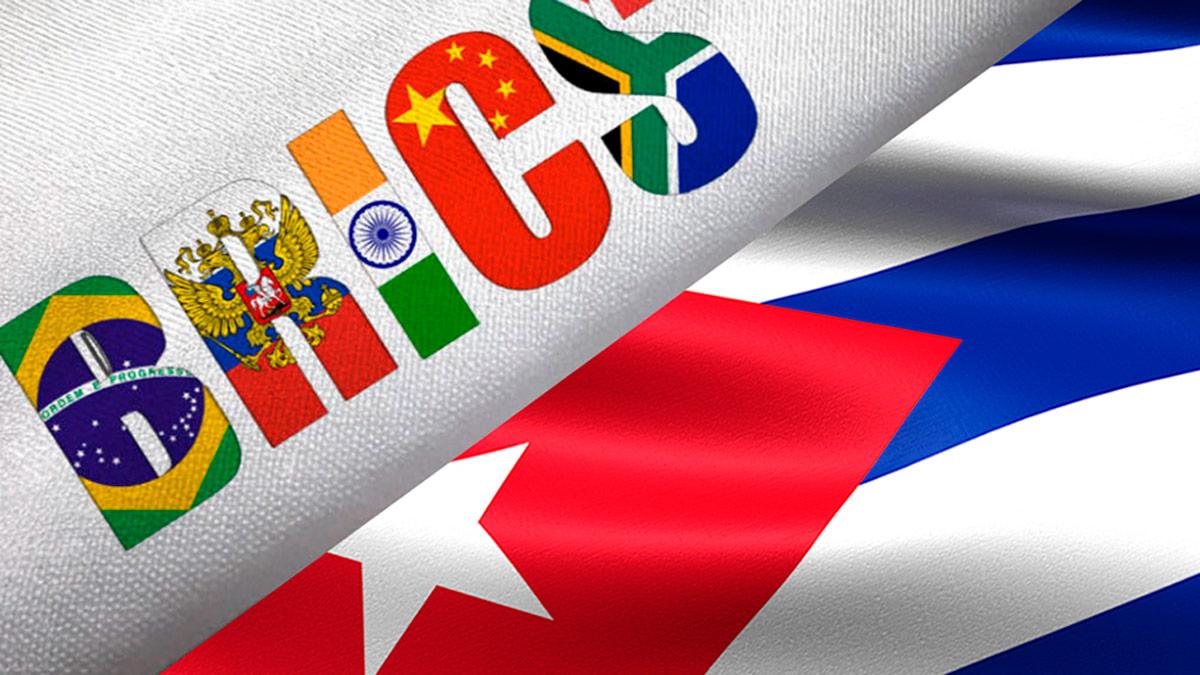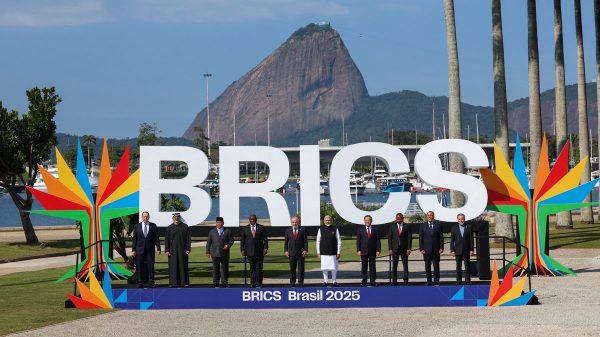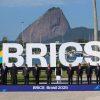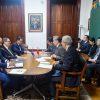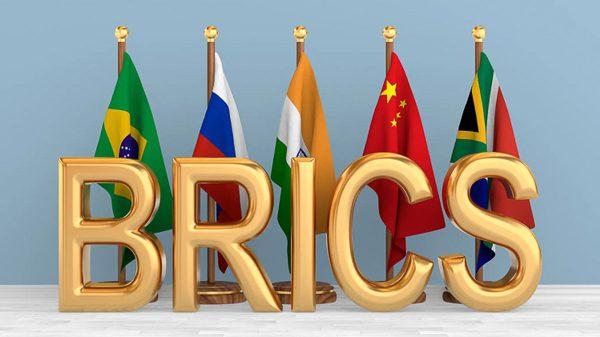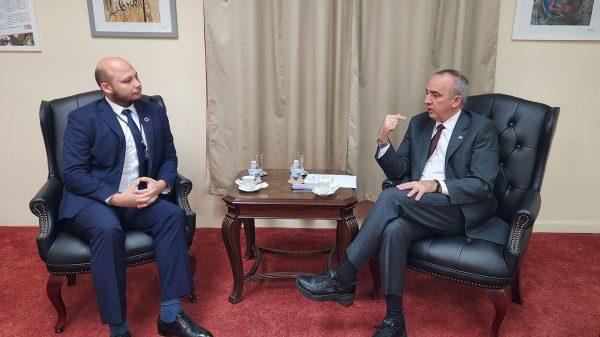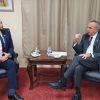In a move with both economic and geopolitical significance, Cuba has officially joined the New Development Bank (NDB), the financial institution established by the BRICS bloc — Brazil, Russia, India, China, and South Africa.
The announcement marks a turning point for the island as it seeks alternatives to decades of financial isolation imposed by the United States.
In January of 2025, Cuba became a partner country of the BRICS. Joining the NDB is viewed as a calculated step toward loosening the grip of Western-dominated financial institutions and enhancing ties with emerging global powers. The bank, which was created as an alternative to the International Monetary Fund (IMF) and World Bank, offers member states access to financing without the stringent policy conditions demanded by Western lenders.
Diversifying Financial Lifelines
Joining the NDB provides Cuba with several key advantages. First is access to credit on more favorable terms. Cut off from much of the global financial system and still subject to comprehensive U.S. sanctions, Cuba has long struggled to secure external financing. The NDB’s lending model, free from IMF-style structural adjustment requirements, offers a lifeline for a country grappling with economic stagnation and a prolonged liquidity crisis.
De-Dollarization Strategy
The BRICS bloc has also prioritized reducing dependence on the U.S. dollar in international trade and finance — a policy direction that could help shield Cuba from the extraterritorial reach of U.S. sanctions. The NDB promotes transactions in local currencies and supports alternative payment mechanisms, offering Havana new tools to navigate an increasingly multipolar financial landscape.
Support for National Priorities
Cuba is expected to seek funding for strategic sectors including biotechnology, renewable energy, and public health — all areas where the country already maintains collaborative ties with BRICS members, particularly China and Russia. These investments could bolster key industries and align with Cuba’s broader development goals.
Geopolitical Realignment
Beyond economics, Cuba’s inclusion in the NDB signals a deepening of its alignment with the Global South and multilateral efforts challenging the Western-led international order. As the BRICS grouping expands and takes on a more assertive role in global governance, Cuba’s membership underscores a larger realignment underway in global geopolitics. For Havana, the move represents more than just financial opportunity — it is a declaration of intent to reshape its place in the world.
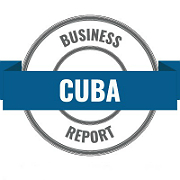
From our staff writers and editors.






